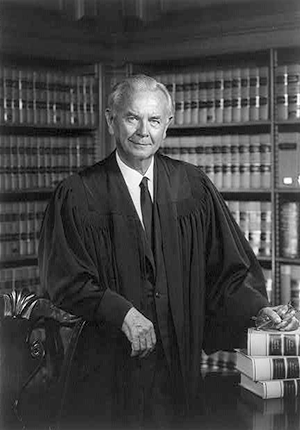Summary
Courts have long struggled to strike a balance between the religious liberty of believers, who often claim the right to be excused from laws that interfere with their religious beliefs and practices, and the interest of the government in passing laws that serve important purposes and apply to everyone. This case involved a conflict between a state unemployment compensation law and the religious beliefs of a worker who was fired for keeping her sabbath rather than attending work. Adell Sherbert, a textile worker and Seventh-day Adventist, refused to work on Saturday—her day of Sabbath. After being fired, she was denied unemployment compensation under state law because she made herself “unavailable” to work. Sherbert challenged the law as a violation of the First Amendment’s Free Exercise Clause. In a 7-2 decision, the Supreme Court ruled that the state’s eligibility restrictions violated the Free Exercise Clause. The Court determined that a state cannot deny unemployment benefits to people who refuse work opportunities for religious reasons when it permits absences for other reasons.






